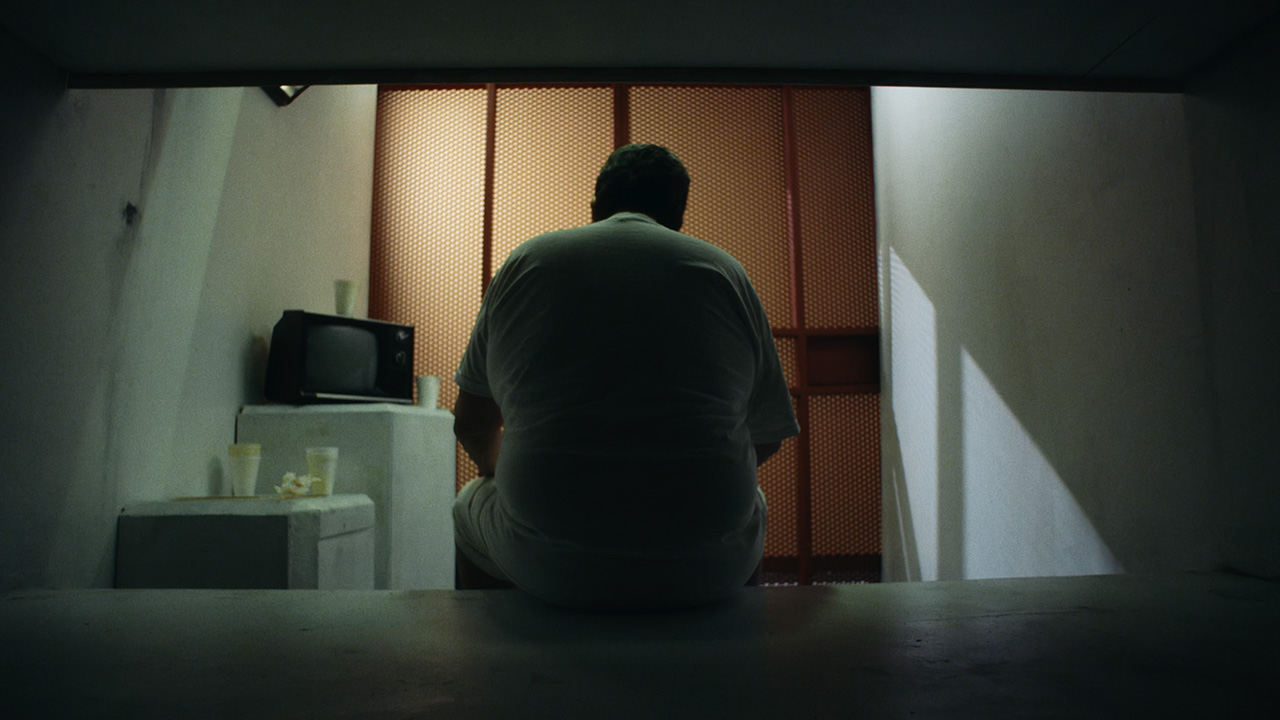
Independent Lens
The Strike
The Strike illuminates the power of organizing in this story about 30,000 California incarcerated people resisting against decades-long solitary confinement.
Kentucky lawyers explain the state’s persistent felony offender (PFO) law, its impact on prisons and society, and how it might be reformed.

Learn more about funding opportunities with ITVS.
On January 1, 1975, Kentucky enacted its persistent felony offender (PFO) statute with the intention of cracking down on those who commit more than one felony, and deterring would-be offenders. For repeat offenders, the law adds an additional five to 10 years of imprisonment. Over the years, it has become a weapon for prosecutors, who have invoked the law more than 140,000 times. Some attorneys believe that persistent felony offender charges have been misused to motivate defendants to enter a guilty plea in fear of facing a longer sentence.
In Understanding Kentucky’s PFO, state law experts explain the statute, illuminating its impact on the prison system and society, and imagining how it might be reformed. Currently, about 75% of PFO cases involve people charged with low-level felonies—most commonly drug and property crimes. Critics say that’s a misuse of the law, which should be invoked in cases involving violent offenders. Additionally, there is a racial disparity when it comes to who in Kentucky suffers the extra time behind bars: Black defendants are 3 ½ times more likely to see a PFO charge than white defendants. As a result of increased PFO sentencing and other “tough on crime” laws, the prison system has been flooded. Advocates are now pressing for a reform of the PFO law to limit its impact on those convicted of low-level, non-violent crimes.
We’ll send you funding deadlines, events, and film news.
Connect with us now at itvs@itvs.org.